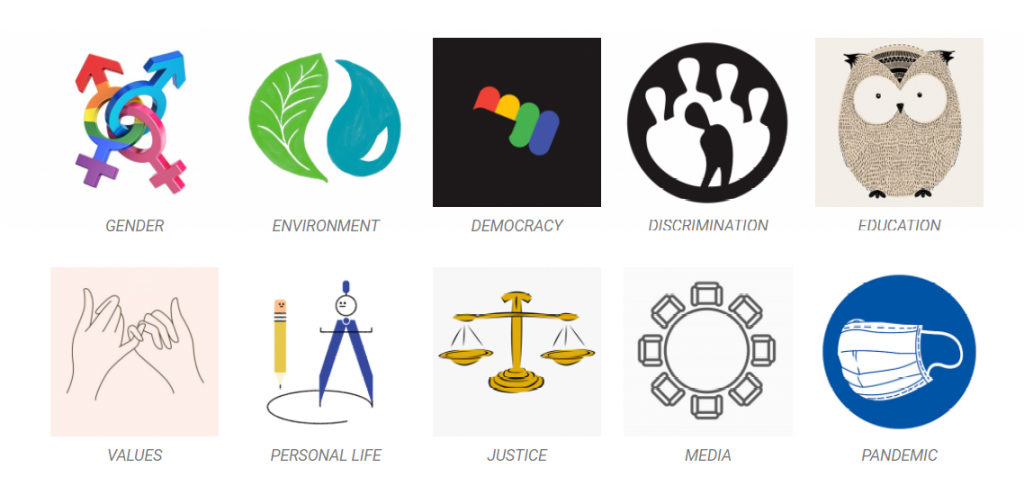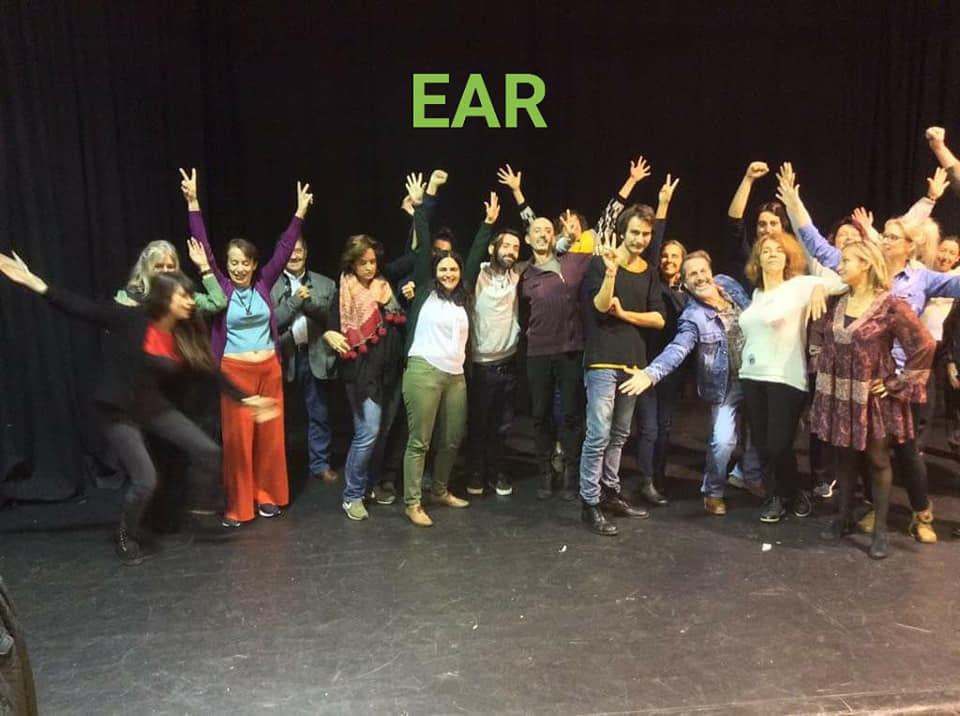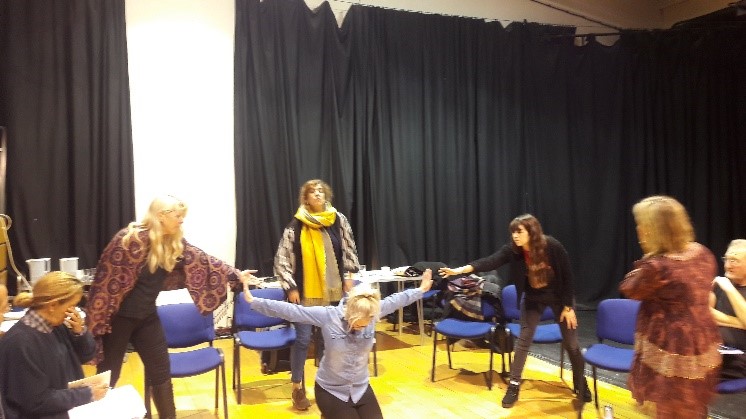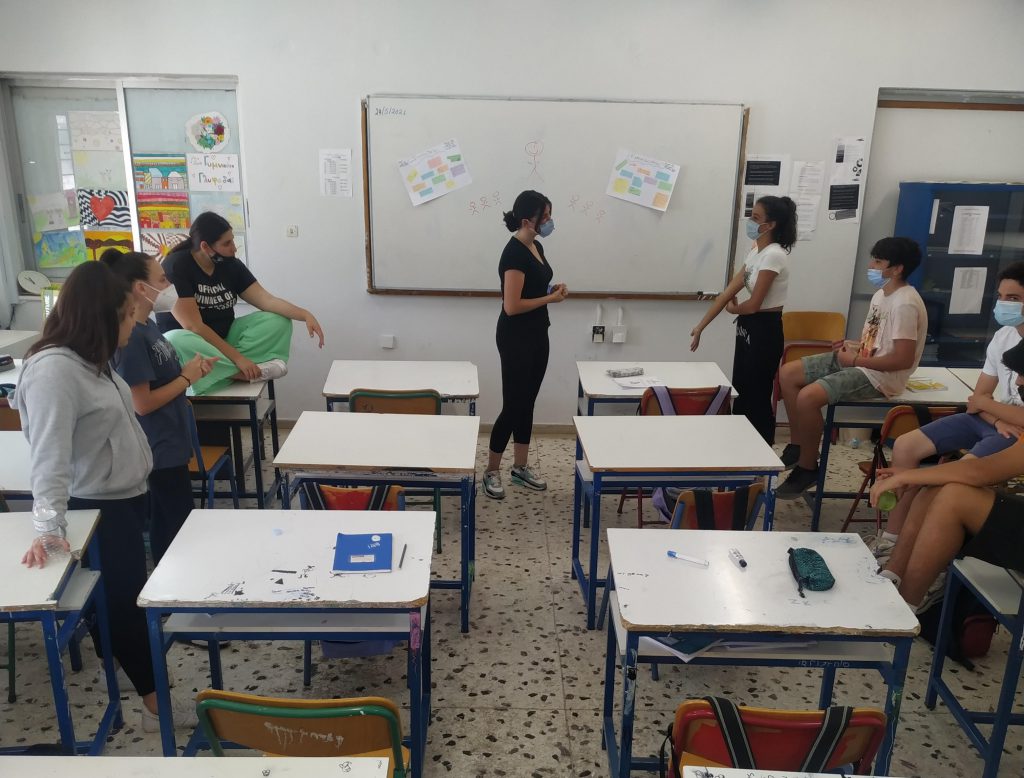Phase 1: Research and Development of the Methodology

At the beginning of the project, a research was organised in order to identify the most important issues related with citizenship education in Europe and the needs of the teachers in relation with citizenship education. The results of this research were summarised in the Situational Analysis Reports. One situational analysis report was developed in each partner country and one in European level which summarised the results from all the countries.
Taking into account the results of the Situational Analysis Report and based on the principles of the Socratic Dialectics and Participative theatre methods, the project partners have developed the Guidance Book for teachers. The Guidance Book explains the principles and the main steps of the methodology to the teachers. It is translated in all partner languages. The Guidance Book for teachers is accompanied with a data basis of educational scenarios, ready to be used in the classroom and Competence Ladders that can be used for the evaluation of the progress of the students.
Phase 2: Training of Trainers

The second phase was related with the training of trainers. The training of trainers was organised in Bristol and lasted 3 days. Totally 21 trainers participated as trainees from Greece, Spain, UK, Portugal and Italy. These trainers after the completion of the face-to-face training course were responsible for the transfer of the method to the teachers at national level.
Phase 3: Training of Teachers

The third phase was the training of teachers. This phase was organised face to face in local and regional level as well as online in national and European level by the trainers that have participated in a training of trainers sessions. Because of the pandemic, many of these courses were organised online. Totally, more than 500 teachers have participated in the teacher training courses that have been organised in the framework of the project.
Phase 4: Implementation in the Classroom

The fourth phase was the phase of the practical implementation of the methodology based on the dialectical method inside the classroom. The trained teachers, within the framework of the training seminars organised in the previous phase and as a precondition in order to get their certification, applied in practice the techniques they have learned in the classroom and documented their application with a report and related evidences. The partners monitored the implementation of the method in school and provided support wherever this was needed. More than 9.000 students have benefited from the method in this way.
